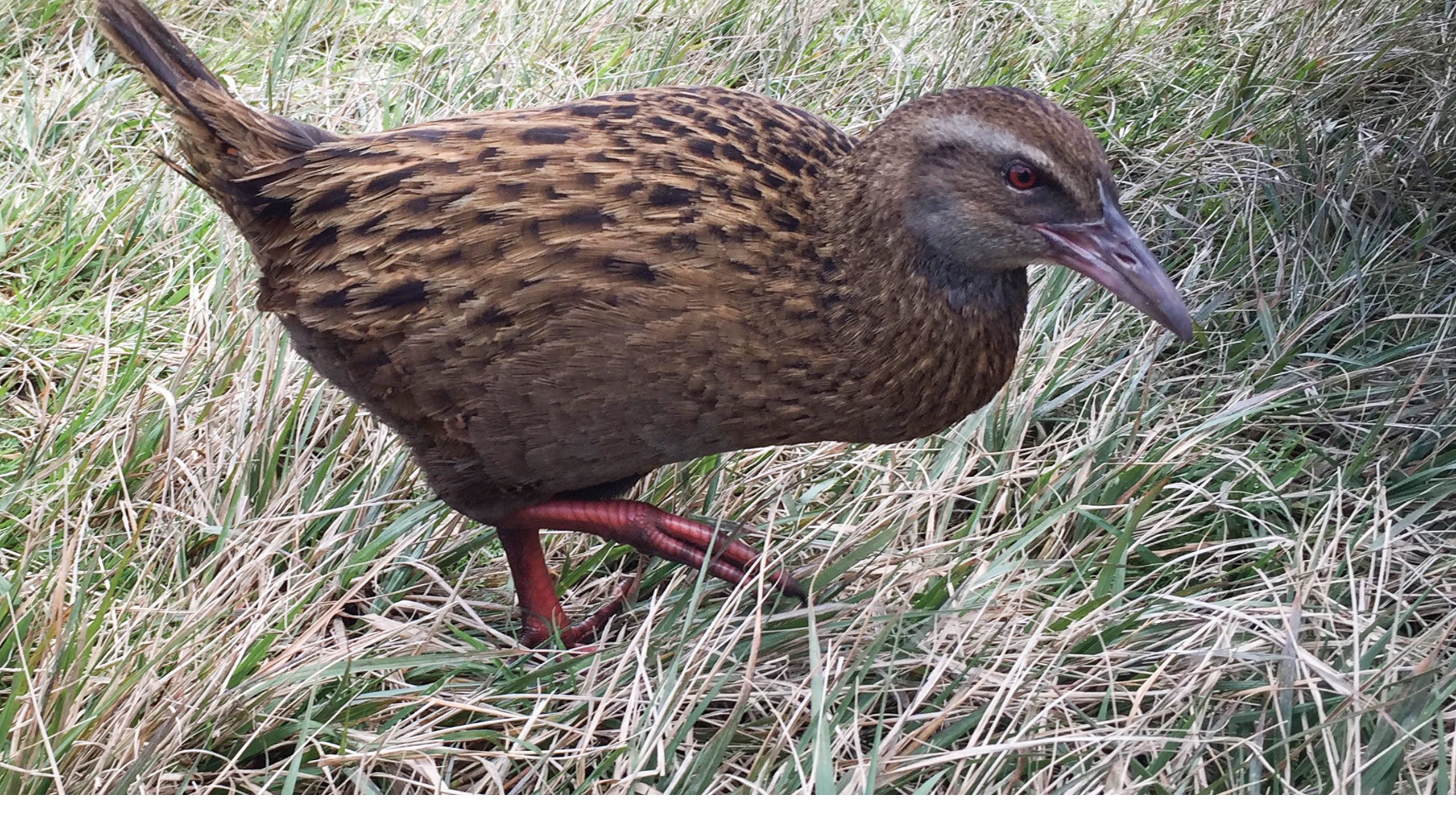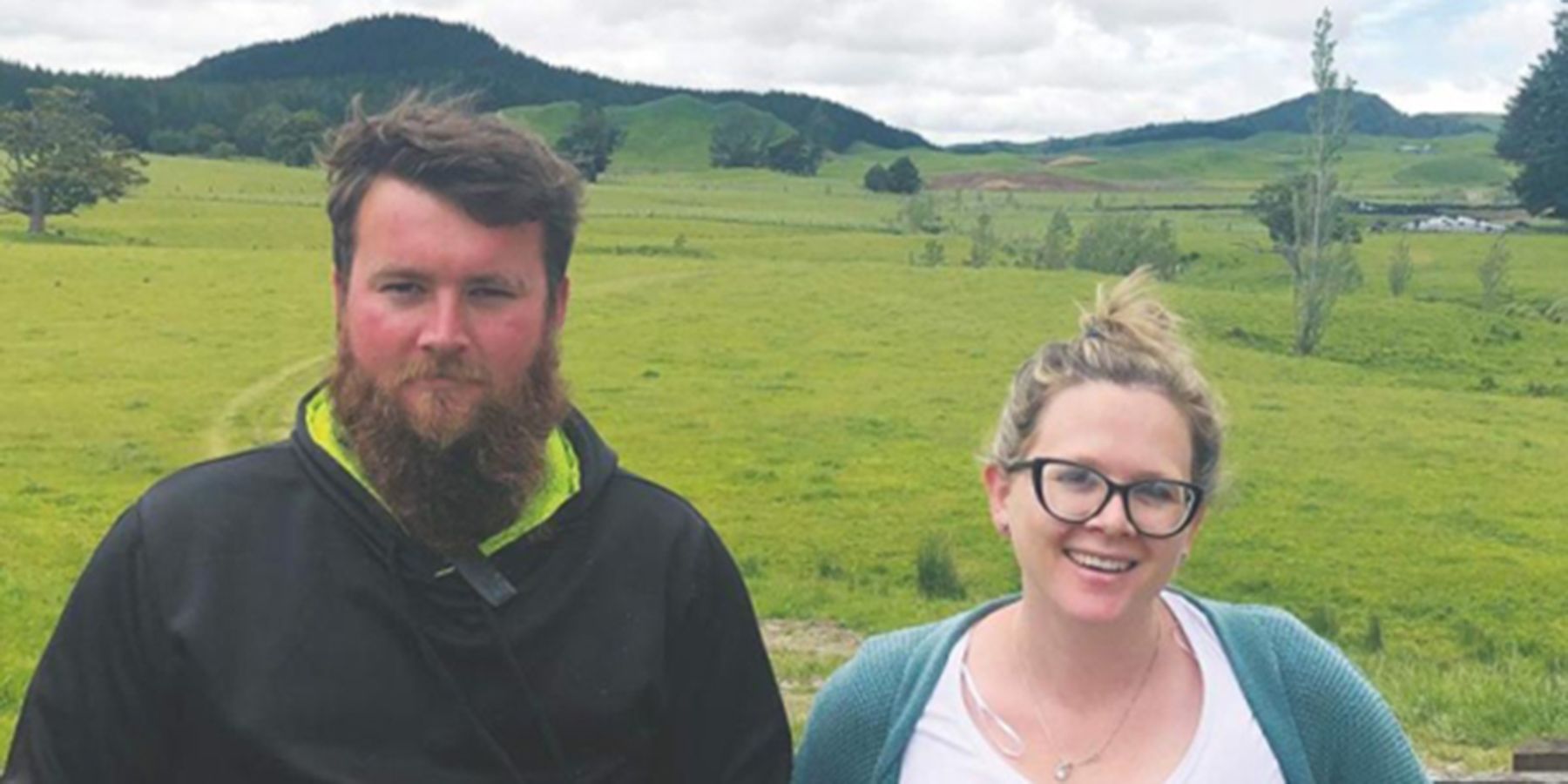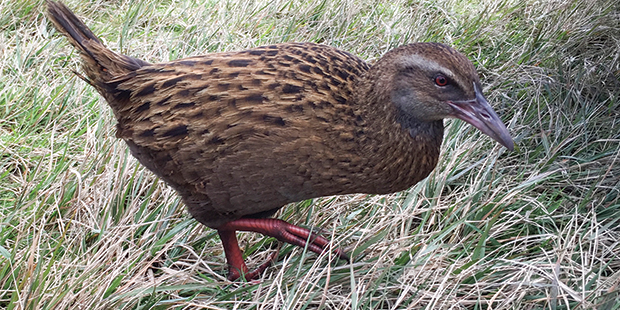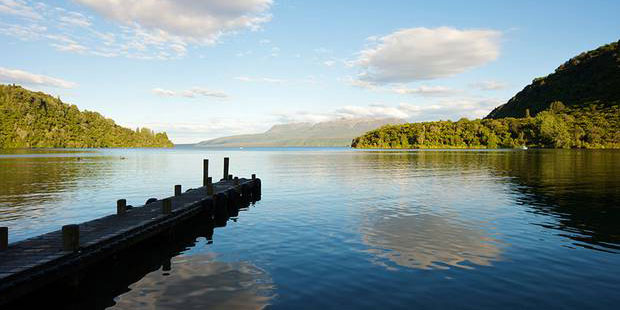‘Vulnerable’ bird numbers rise
Water quality work by dairy farming couple does more than help clean wetlands.


A decline in population of one of New Zealand’s most iconic native birds - the weka - is rapidly reversing on a North Island farm.
The bird’s numbers, which are estimated to have doubled at the property in the last eight months, is the result of environmental work undertaken by dairy farmers Ryan Sanderson and partner Malinda Wynyard on a 325ha farm at Matawai near Gisborne.
“When we came here, the weka population would have been around 100,” says Sanderson. “But their numbers have been multiplying rapidly and now we have 200, if not more.”
Their efforts were recognised earlier this month when the couple was named winners of the DairyNZ Sustainability and Stewardship Award at the East Coast Ballance Farm Environment Awards.

Ryan Sanderson and partner Malinda Wynyard. Photo / Supplied.
Ryan Sanderson and partner Malinda Wynyard. Photo / Supplied.
Sanderson and Wynyard, who have been at Matawai for just eight months, milk a herd of 700 cows on contract to the farm’s owners. In that time they have mounted an intensive programme of tree planting, wetland fencing – as well as building silt and nutrient filters to prevent run-off into the nearby Motu River.
The work has also had another benefit – helping to provide a cleaner habitat for weka and other species such as native ducks to breed and nest. Sanderson says: “Weka breed in four-month cycles and where previously conditions meant only one or two chicks survived out of five hatchings, now pretty much all five are doing so.”
Known as the North Island weka, the birds found on Sanderson’s farm are one of four subspecies. Although once widespread, the Department of Conservation website says they are considered “vulnerable” and are now only found in the hills between Matawai and Opotiki where a few thousand survive.
The birds are large and flightless and have developed a reputation, especially those living near farms or tramping huts, for pilfering crops, food and other small objects.
Sanderson says caring for the environment is something he picked up from his parents and grandfather (who were from farming backgrounds) and the farm’s owners Mark Anderson and Kathleen Wynyard (Malinda’s aunt and uncle).
“They (Mark and Kathleen) started this about five years ago and I’ve just carried on with it,” he says. “But it’s something I’ve always done - my parents always looked after the environment and so have I from the time I began dairying 10 years ago in Taranaki and then in Taupo.”
Sanderson says the farm has around 25ha of wetlands and drains. So far around 15ha of this has been fenced to prevent stock from wandering into the fragile ecosystem while thousands of plants have also been put into the ground on the edges of these areas, mostly grasses and flax.
He says silt and nutrient traps - and logs deliberately left in the wetlands - provide a safer nesting haven for the birds.
“Although the farm doesn’t border the Motu River (which runs through the catchment) about 70 per cent of its run-off flows into it, so it is just as important to fence and plant to preserve water quality as it is to hold back sediment and excess nutrients,” Sanderson says.
It is not only the weka benefitting. Sanderson says populations of native ducks are growing with about 50 pairs of the native Grey Duck and up to 200 Paradise Shelducks making their home on the property.
Sanderson says a predator programme - which he carries out as a sideline business - is also paying dividends. In recent months he has trapped dozens of stoats, hedgehogs and rats as well as 380 possums and around 45 feral cats.
“Although everything we do is an ongoing job, I’ve found when you start looking after the environment, it eventually looks after itself,” he says. ”I love the outdoors and going trout fishing, but if we haven’t got a clean environment we can’t do these things.”
Sanderson says while it is good to get a bit of recognition through the award, the real benefit is in showing the rest of the country what they are doing: “It’s not just us, all our neighbours are also doing their bit; I’m really open to anyone who wants to come and see what we are doing or who wants to know more.
“Getting the award shows we are not only putting our best foot forward but is hopefully changing the perception people have about dairy farmers.”
# The Balance Farm Environment Awards programme runs in 11 regions throughout New Zealand promoting sustainable farming and growing. It is managed by the charitable New Zealand Farm Environment Trust and is supported by a range of leading agribusinesses and regional councils.





